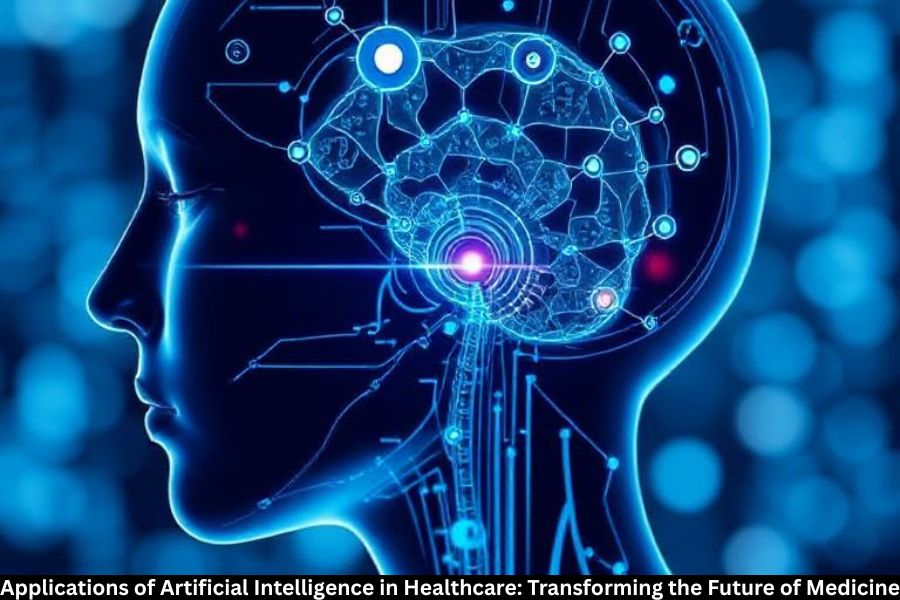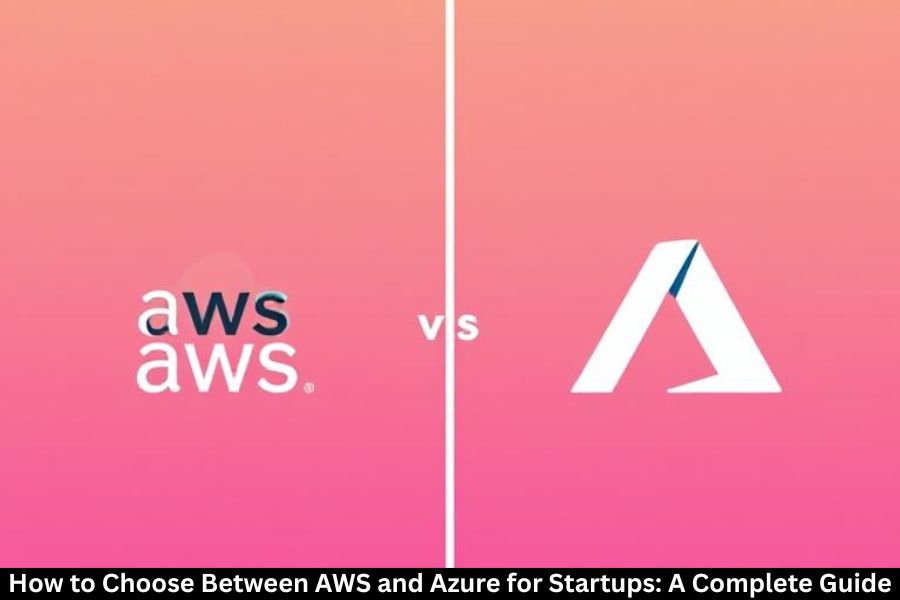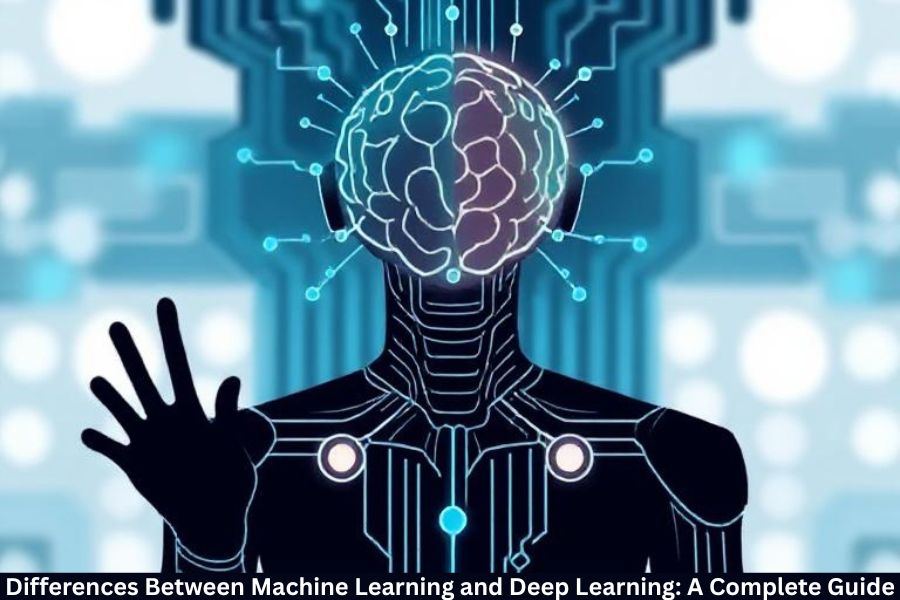Artificial Intelligence (AI) has ceased to be a vision of the far-off future and is already making drastic changes to healthcare. AI can already diagnose diseases in a fraction of the time it would take a doctor and predict the outcomes of medicine with astonishing accuracy. Modern medicine is gaining a whole new face. But in what ways is AI integrated into healthcare? Let’s take a closer look.
The Role of AI in Healthcare
AI healthcare systems can be described as intelligent computer systems “machines” that analyze data, and identify patterns, and then make decisions, similar to humans, only at a much higher speed. Machine learning, natural language processing (NLP), robotics, and computer vision are some of the advanced AI technologies in use.
Consider AI as the “super brain,” enabling doctors, nurses, and researchers to be more efficient.
AI in Medical Imaging and Diagnostics
Detecting cancer at the earliest possible stage, long before the patient begins to show symptoms, is one of the advantages of AI.
- Radiology: AI can process X-rays and CT scans as well as MRIs and identify tumors and fractures more effectively than the human eye or even other technologies.
- Pathology: AI-powered diagnostic tools can analyze tissue samples to detect a tumour.
- Ophthalmology: Diabetic retinopathy and glaucoma, diseases that can lead to blindness, are detected using AI-based tools.
Not only are diagnoses quicker using AI, but they are also far more reliable.
AI in Predictive Analytics
The very idea of predictive analytics is attempting to address the question of ‘What if a doctor could predict a heart attack even before it occurs?’ For a heart attack, it is predictive analytics.
AI predictive analytics uses patient information such as their medical history, genetics, and lifestyle for risk prediction. Some examples are:
- Prediciting hospital readmissions
- Identifying patients at risk of chronic diseases
- Suggesting preventive care
This results in lesser emergencies and more preventive healthcare.
AI in Drug Discovery and Development
AI contributes to reducing the cost and time of clinical trials by:
- Predicting how drugs will react in the human body
- Reducing the cost and time of clinical trials
- Analyzing extensive data to identify potential drug compounds
In the case of COVID-19, AI contributed to speeding up vaccine research.
AI in Surgery
Such systems are in fact considered a sub-category of AI, named robotic surgery.
- Accuracy: Cutting and incising with AI is far more accurate than with human hands.
- Reduced Risks: Blood loss and complications reduce in number, and recovery becomes faster.
- Training: Surgeons receive training and can operate AI simulators to care for real operations in the future.
Consider these AI robots as partners with remarkable surgical skills rather than replacements.
AI in Patient Monitoring
These devices keep track of your heart rate as well as your oxygen levels and sleep cycles.
- Remote monitoring: AI tracks heart rate, oxygen levels, and sleep patterns.
- Managing chronic illnesses: Real-time updates for diabetes or hypertension patients.
Eliminates the need for constant hospital visits, allowing doctors to monitor patients remotely and providing increased convenience.
AI in Healthcare Administrative Work
Healthcare professionals, and physicians in particular, have a limited amount of time that they can spend with patients and a lot of time is spent on administrative activities. AI is improving the situation by:
- Automating billing and insurance claims
- Creating and updating patient records
- Booking and scheduling appointments
Apart from increasing efficiency, this is also improving the mental wellbeing of healthcare staff.
AI in Customized Treatments
Given that each patient has unique traits, it makes no sense for treatments to be uniform.
As stated before, AI can construct treatment plans based on a patient’s:
- Genetic makeup
- Lifestyle
- Medical history
In oncology, for example, AI can recommend superior drug combinations through personalized treatment plans, leading to enhanced outcomes.
AI in Virtual Health Assistants
VHAs reduce the burden on medical facilities. Think of VHAs as ‘Siri’ in the healthcare domain.
- Addressing simple medical inquiries
- Sending medication reminders to patients
- Offering mental health counselling
VHAs keep patients well-informed and reduce unnecessary hospital visits.
AI in Telemedicine
The value of telemedicine, already critical during the pandemic, was further enhanced by AI.
- Prior to video consultations, AI chatbots perform symptom checks.
- Real-time translation of medical interactions.
- Extending advanced healthcare to distant and rural locations.
Telemedicne brings appropriate medical attention within the reach of patients even from very far away.
AI in Mental Health
The well-being of the mind is of equal concern as the rest of the body. AI can:
- Treat depression as well as other anxiety disorders by analyzing voice figures, social media activity, etc.
- Meditate through the use of therapy AI chatbots, designed to reduce the stigma of mental healthcare.
- Handle post-treatment monitoring and continuous monitoring of the patient progress.
AI assists in the ease of accessibility for the treatment of mental healthcare and removing stigma.
Challenges of AI in Healthcare
There are issues that need to be addressed:
- Privacy: Protecting sensitive information.
- Trust: Both patients and physicians need to have confidence in the healthcare AI system.
- Bias: Appropriate training datasets must be used to avoid discrimination.
While attempting to address the above-mentioned issues, the impact achievable is great as compared to the hurdle.
Future of AI in Healthcare
What is emerging above all, are AI-powered systems:
- In precision medicine that targets rare diseases.
- Fully AI-operated “smart” hospitals.
- Fighting pandemics through global AI collaboration.
With the aid of these devices, the hospitals of tomorrow will have quicker access to these AI tools than stethoscopes.
Wrap Up
Although there are challenges, the potential of AI in healthcare is tremendous. AI has immense capabilities to identify a patient’s issue and treat sooner, provide cure with greater details and even empower doctors to run the entire healthcare on AI systems in the future. In the process of transforming healthcare, AI can greatly customize the treatment in the current brmic world and the challenges are manageable.
FAQs
Is AI good at diagnosing medical conditions?
In medical imaging and pattern recognition, AI even beats human practitioners in diagnostic accuracy.
Is it possible for AI to eliminate the need for physicians?
Not at all. Physicians will always practice medicine with the aid of AI tools. Judgment and empathy are uniquely human traits.
Is AI structured to protect patient information?
Correct, patient information must adhere to privacy and security legislation, including their proper implementation.
What are some of the AI tools used in medicine?
IBM Watson Health, PathAI, Aidoc, and Google DeepMind are some of the medical AI tools in the market today.
How will AI impact healthcare over the next decade?
AI will enhance the pace of medical care, customize healthcare services, and extend global reach, particularly in remote locations, all with the aid of healthcare AI systems.



